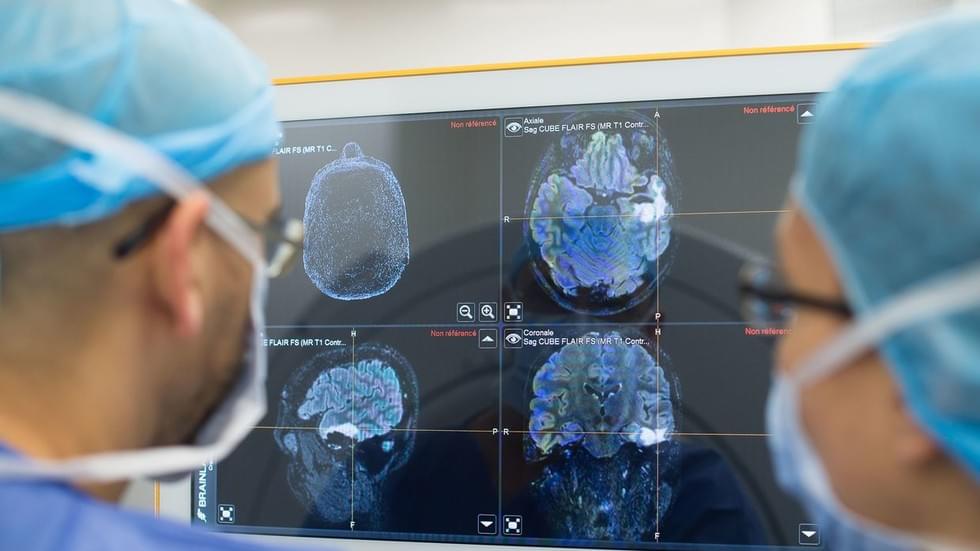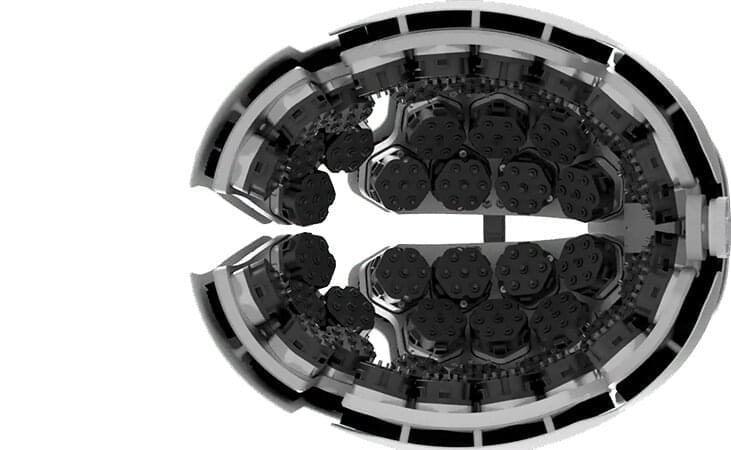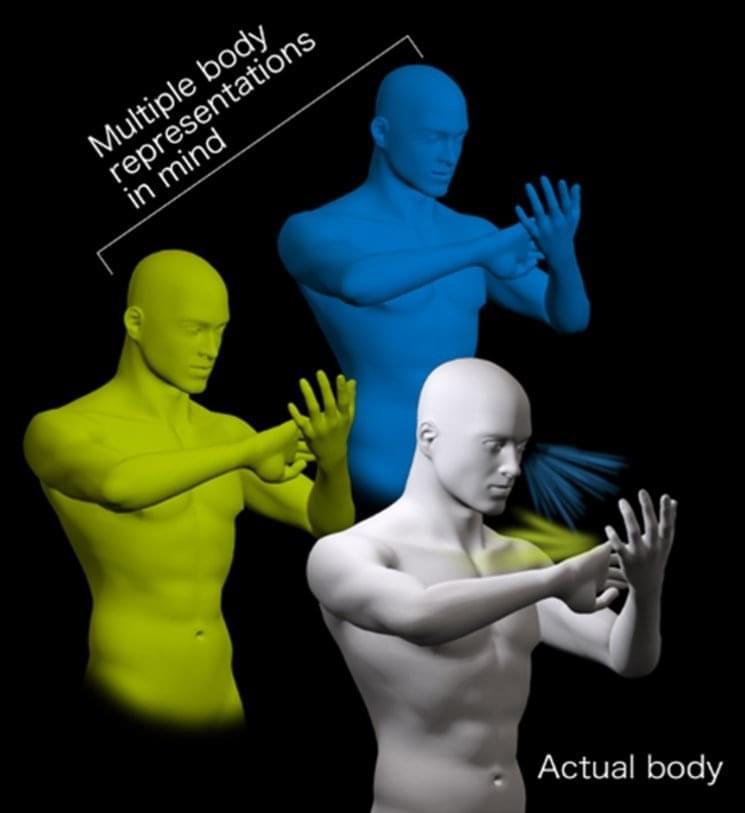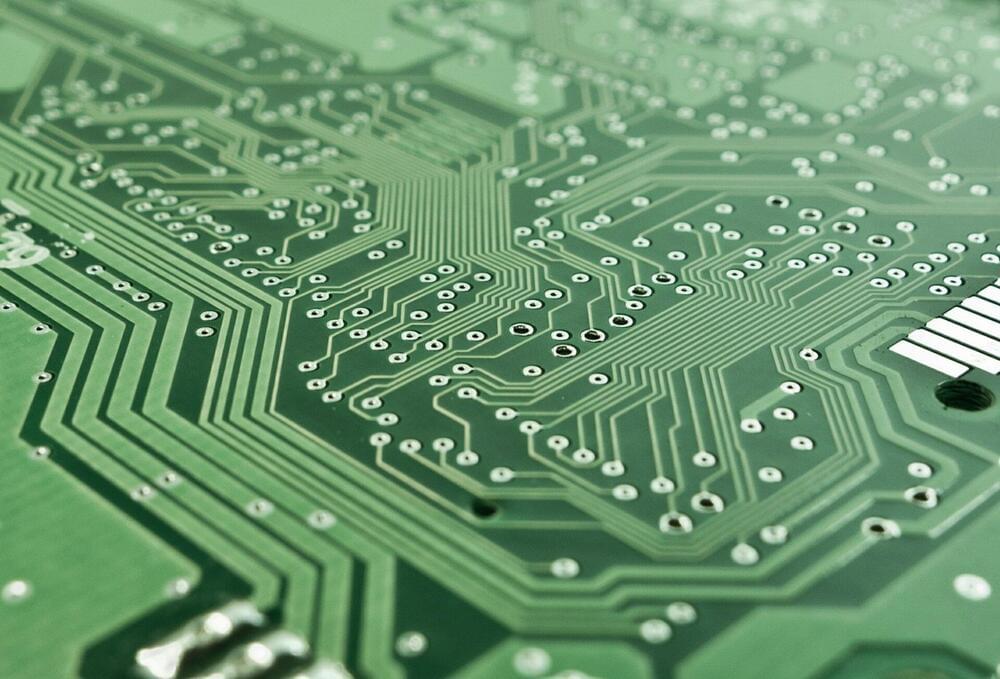I wonder if you could use this stuff for brain scans.
Neuralink, the US neurotechnology firm co-founded by billionaire entrepreneur Elon Musk, has begun recruiting key employees to run its clinical trials, signaling that it’s inching closer to starting human testing of its brain implants.
The company has posted advertisements to hire a clinical trial director and a clinical trial coordinator. The ads note that the staffers will “work closely with some of the most innovative doctors and top engineers, as well as working with Neuralink’s first clinical trial participants.” Neuralink said the director will lead and help build its clinical research team and will develop “regulatory interactions that come with a fast-paced and ever-evolving environment.”
Musk, who ranks as the world’s richest person with a fortune estimated at $256 billion, said last month that he expects to have Neuralink brain chips implanted in humans sometime in 2022, pending approval for testing plans by the US Food and Drug Administration (FDA).






